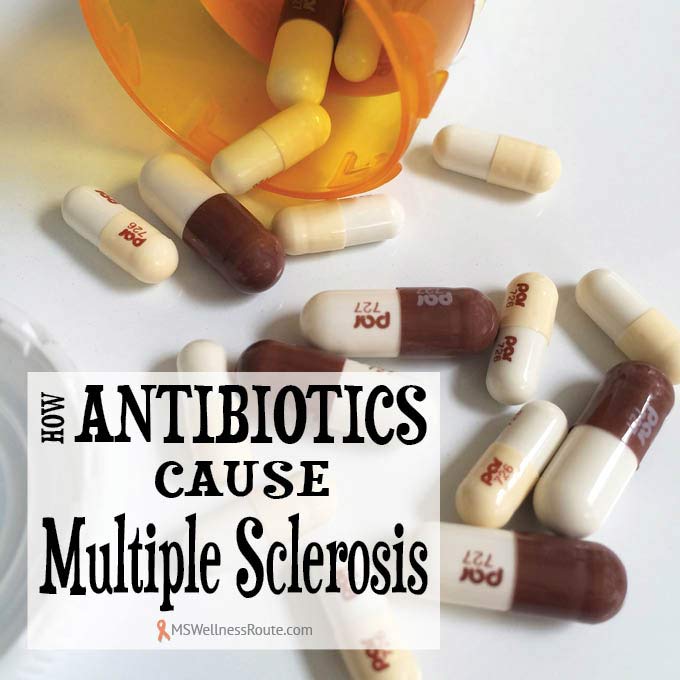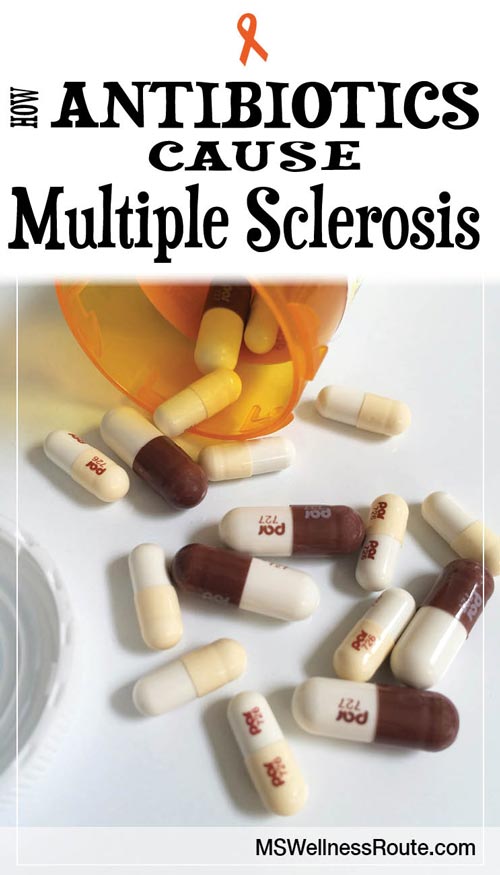Last Updated on January 29, 2025 by Cathy

As the weather is getting colder and the cold and flu season begins. You may find yourself at your doctor’s office. Before you take that next prescription of antibiotics. You may ask yourself “is it really necessary?” According to the Centers for Disease Control, 1 in 3 broad-spectrum antibiotic prescriptions is unnecessary. They discovered most of these prescriptions, throughout the United States, are for viruses. They do not respond to antibiotics putting patients at unnecessary risks. Antibiotics don’t fight viruses like colds, flu, bronchitis, sinus or ear infections. If you are taking them for viruses they won’t make you feel better. Plus, they may cause needless and harmful side effects.
Farmers and ranchers also give their farm animals antibiotics (unless they’re certified organic). This helps prevent diseases from dirty and overcrowded living conditions. Between medications and the meat you eat, you’re consuming many rounds of antibiotics. Unfortunately, this disrupts the beneficial bacteria in your gut.
So What’s Wrong With Antibiotics?
Antibiotics save lives and are good when used properly. The problem is when a person takes them over and over it begins to wreak havoc on your gut microbiome and health. They not only kill the bad bacteria, they also kill the good bacteria. It creates a state of dysbiosis (bacterial imbalance).
After many rounds of antibiotics, the number of good bacteria begins to diminish. Leaving you susceptible to other organisms like yeast overgrowth. The most common is Candida Albicans, known as Candida, and it begins to grow out of control. Candida then punches its way through your intestinal wall (leaky gut). Candida feeds off sugar, including natural sugars and carbohydrates. As it’s multiplying rapidly it leads to a leaky gut and significant health problems. Severe cases can impact vital parts of the body, including the blood, brain, and heart.
Symptoms you may be suffering from:
- Chronic fatigue
- Food allergies/sensitivities
- Bloating
- Skin issues
- Sugar cravings
- Fungal infections
- Sinus infections
- Autoimmune disease
A Healthy Gut
Your digestive tract is home to hundreds of bacteria that help you digest food. They make vitamins that are vital to your health and communicate with your immune system. They also make small molecules that help your brain. Both good and bad gut bacteria are an essential part of your health. Researchers discovered people with certain diseases have different gut bacteria in their intestines.
This causes the tight junctions in the gut lining to separate. It allows toxins and undigested food particles to pass through into the bloodstream. Once this happens it causes inflammation. Your immune system, liver, and lymphatic system become overwhelmed, unable to keep up. The immune system begins not functioning, leading to possible autoimmune diseases.
Do Antibiotics Cause Multiple Sclerosis (MS)?
Antibiotics don’t necessarily cause MS, no ONE thing does cause it. However, antibiotic overuse is one of the triggers. Scientists are now discovering the connection between our brains and the digestive system. If our gut is not functioning properly it affects the neurological system.
In a small test group, Harvard researchers tested gut bacteria in people. They found significant differences between people with MS and healthy people. This study adds to growing evidence of gut bacteria on immune activity. The National MS Society is funding a larger study with The MS Microbiome Consortium. This is a comprehensive analysis of gut bacteria in people with MS. It will if probiotic strategies are a factor in stopping the progression.
What If I Need To Take An Antibiotic?
If you do need to go on antibiotics, you need to help protect your gut and keep the bacteria in balance. You can do that by taking a probiotic, make sure to take both of these at different times of the day. If you take the antibiotic first thing in the morning then you should take the probiotic in the evening. Take a good quality probiotic, and look for these three different strains:
- L. Acidophilus – this is the most important strain.
- B. Longum – this helps maintain the integrity of the gut wall.
- B. Bifidum – is critical for healthy digestion.
How To Heal Your Gut After Antibiotics
Our bodies are amazing and capable of healing! Start by improving your diet, the functional medical group follows the “4 R’s” program:
- Remove – toxins in food and the environment. Including stress, viruses, yeast, bacterial overgrowth, and parasites.
- Replace – with digestive enzymes for proper digestion and absorption.
- Reinoculate – with “good” bacteria by eating lots of fruits, vegetables, herbs, and spices and also by using probiotic supplements.
- Repair – heal your gut lining and support the immune function. Good sources are bone broth, collagen, and L-glutamine.
Don’t forget to support your liver during the detoxification process! As you are removing toxins from your body, your liver is overwhelmed and needs some help. You can take supplements or drink some tea – some of my favorites are Dandelion*, Red Clover*, and Detox tea by Yogi. *Avoid if you have grass allergies.
Prognosis
Leaky gut syndrome is a common problem in today’s society due to antibiotics. They destroy the delicate balance of bacteria and promote the overgrowth of Candida. What starts as a leaky gut escalates into a whole-body toxicity problem. Antibiotics may have been the original cause, if the body is alkaline, Candida will grow. Treating Candida is a huge challenge, it is a survivor and is difficult to get rid of. If you stay on a healthy diet and promote good bacteria, recovery is possible
Work on healing your gut, detoxing your body, and restoring your liver and kidney functions. This takes time so don’t give up! It is essential to find a doctor who will listen and work with you to get to the root of the problem. If your doctor is unwilling, it may be time to find a functional medicine provider. They will discover the underlying cause.


Free Wellness Library!
Subscribe for free and I’ll send you the password to my secret library filled with many printables for your wellness journey.
Want to remember this health tip? Pin it to your Pinterest board!

How Antibiotics Cause Multiple Sclerosis





